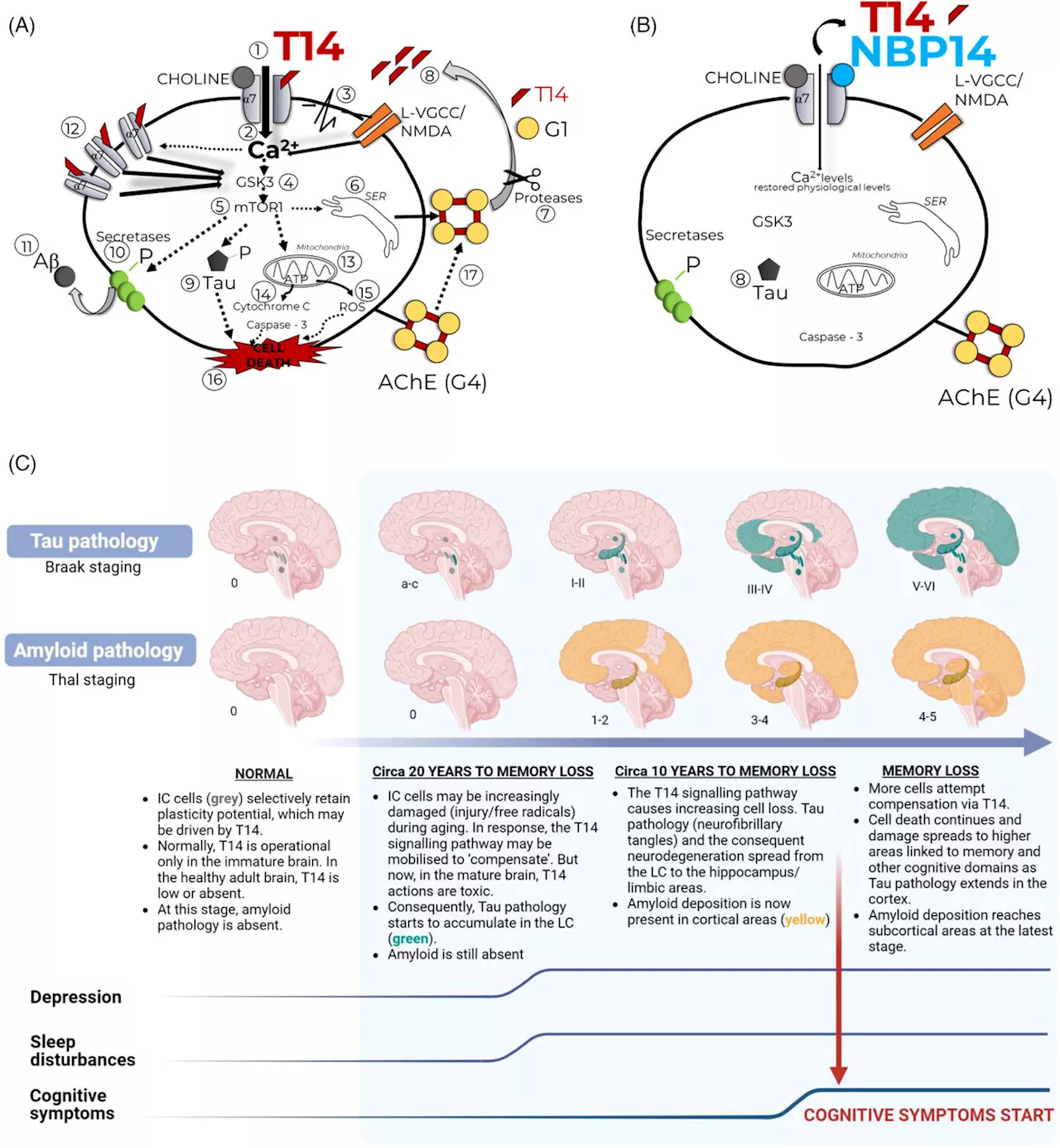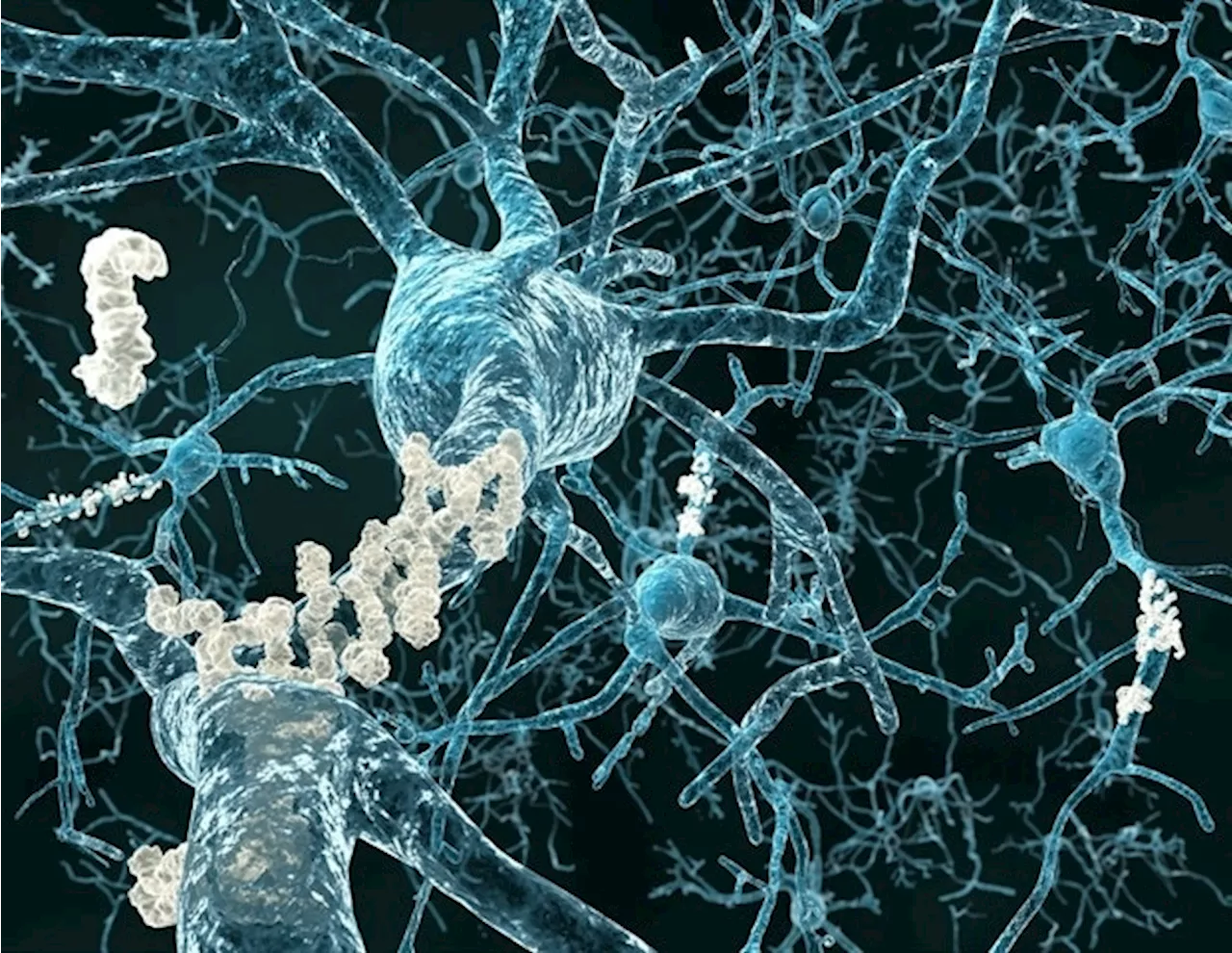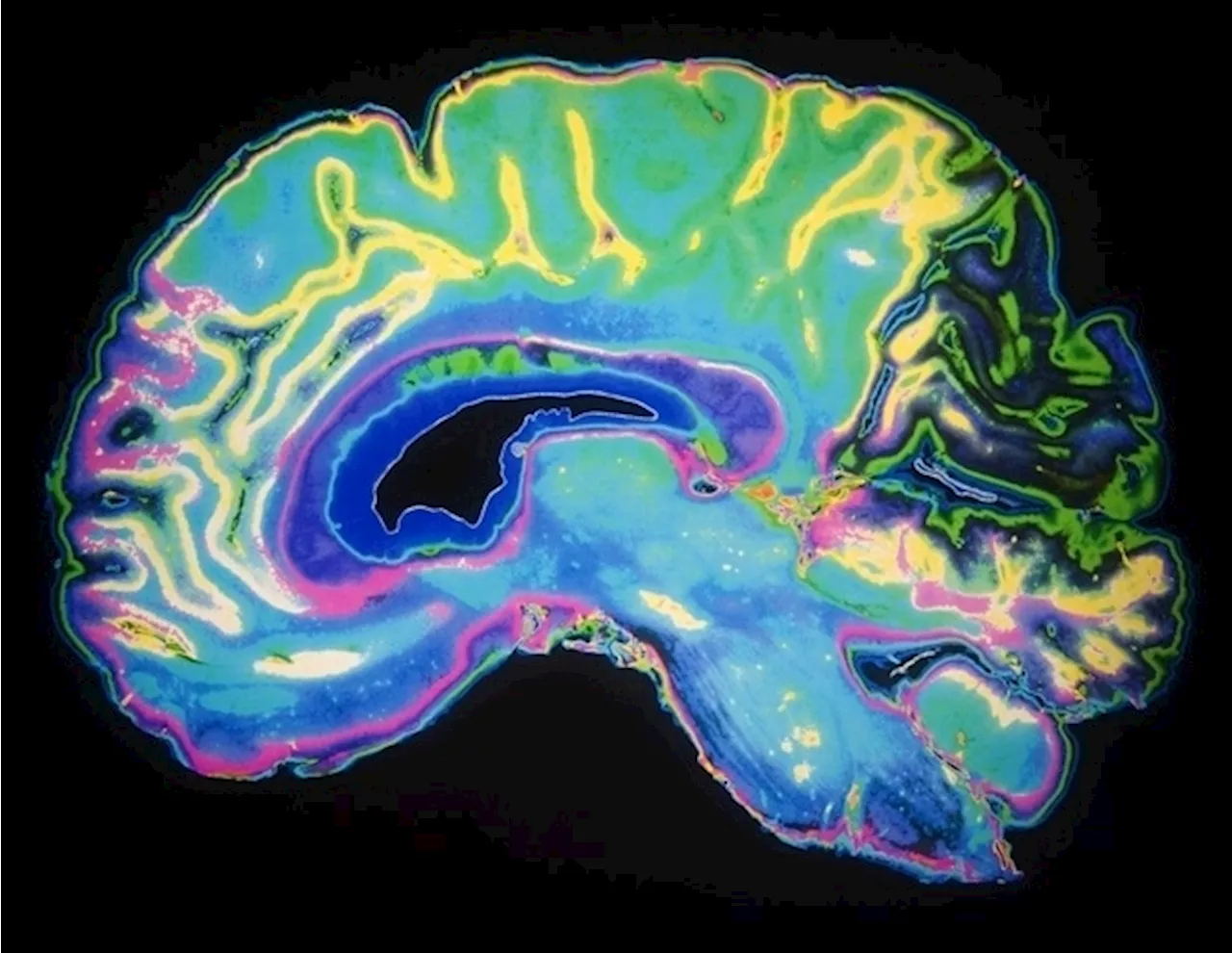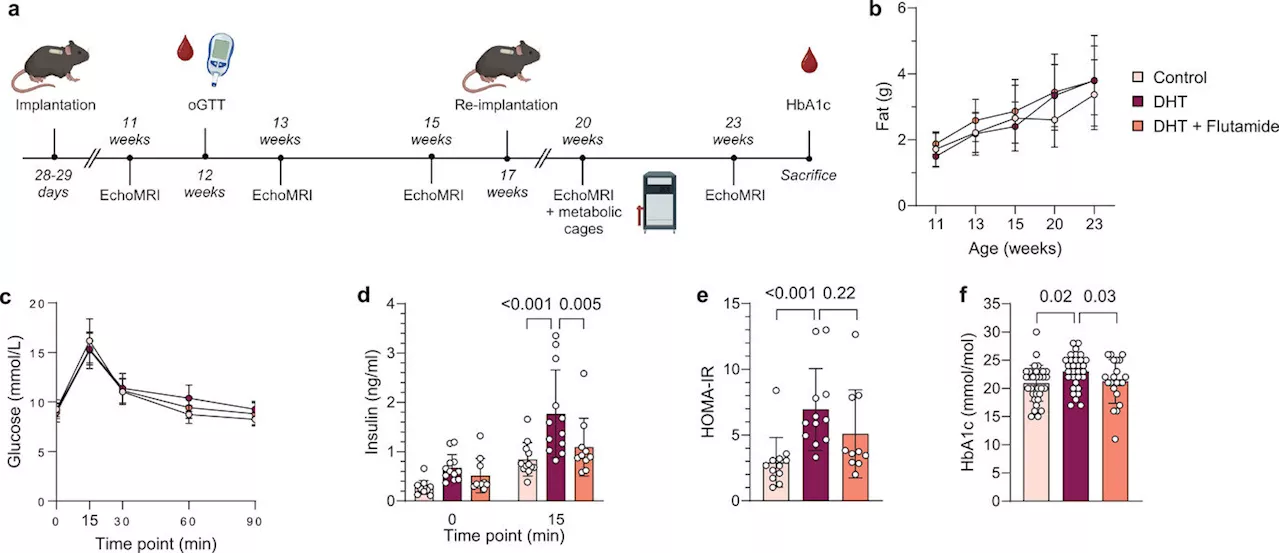Researchers developed binary and multiclass machine learning models to distinguish cancer from non-cancerous tissue samples.
By Pooja Toshniwal PahariaReviewed by Danielle Ellis, B.Sc.Jun 24 2024 In a recent study published in Biology Methods and Protocols, researchers developed binary and multiclass machine learning models to distinguish cancer from non-cancerous tissue samples.
About the study In the present study, researchers used machine learning and microarray-based methylation analysis to categorize 13 cancer types and their associated normal tissues. While preprocessing the datasets, the researchers analyzed unmethylated and methylated counts with TCGA data features to derive beta values. They used binary and multiple-class machine-learning models to distinguish between cancerous and normal tissues. Every binary model evaluated a single tissue type, identifying cancer from non-cancers, whereas multiclass models used all 13 types of tissues and non-cancer data.
They created pan-cancer methylome models combining Molecular Mechanisms of Cancer pathways with Pathways in Cancer from the Ingenuity Route Analysis and the Kyoto Encyclopedia of Genes and Genomes databases. They denoted multiclass methylation characteristics linked with genes as blue-colored nodes or in purple in case they were listed as cancer genes in OncoKB or the Cosmic Cancer Gene Census.
The multiclass classification approach performed better than the binary categorization of DNA methylation in individual tumors and normal tissues. The multiclass logistic regression model achieved an average Mathews correlation coefficient score of 0.96; however, its efficacy varies by cancer type.
Carcinogenesis Cell DNA DNA Methylation Gene Genes Immune System Machine Learning Microarray Research Technology Toxins
Deutschland Neuesten Nachrichten, Deutschland Schlagzeilen
Similar News:Sie können auch ähnliche Nachrichten wie diese lesen, die wir aus anderen Nachrichtenquellen gesammelt haben.
 First seizure clinics reduce the need for future health care, researchers findClinics specializing in first seizures reduce the need for patients to present at emergency departments or be admitted to hospital later, Monash University-led research has found.
First seizure clinics reduce the need for future health care, researchers findClinics specializing in first seizures reduce the need for patients to present at emergency departments or be admitted to hospital later, Monash University-led research has found.
Weiterlesen »
 Researchers examine evidence for a novel neuronal mechanism driving Alzheimer's diseaseAn international team of clinicians and neuroscientists have published a new perspective on the process of neurodegeneration. Their findings review evidence for a mechanism upstream of amyloid including the key neurochemical driving this process.
Researchers examine evidence for a novel neuronal mechanism driving Alzheimer's diseaseAn international team of clinicians and neuroscientists have published a new perspective on the process of neurodegeneration. Their findings review evidence for a mechanism upstream of amyloid including the key neurochemical driving this process.
Weiterlesen »
 Researchers identify novel way to potentially slow down or halt Alzheimer’s progressionResearchers at the Icahn School of Medicine at Mount Sinai have made a significant breakthrough in Alzheimer's disease research by identifying a novel way to potentially slow down or even halt disease progression.
Researchers identify novel way to potentially slow down or halt Alzheimer’s progressionResearchers at the Icahn School of Medicine at Mount Sinai have made a significant breakthrough in Alzheimer's disease research by identifying a novel way to potentially slow down or even halt disease progression.
Weiterlesen »
 Researchers pinpoint specific brain region necessary for motivation to help othersOur willingness to help others is governed by a specific brain region pinpointed by researchers in a study of patients with brain damage to that region.
Researchers pinpoint specific brain region necessary for motivation to help othersOur willingness to help others is governed by a specific brain region pinpointed by researchers in a study of patients with brain damage to that region.
Weiterlesen »
 Researchers identify immune dysfunction as a possible aspect of polycystic ovary syndrome pathologyA new study shows that hyperandrogenism—a key characteristic of polycystic ovary syndrome (PCOS)—affects immune cell populations in reproductive, metabolic and immunological tissues in a PCOS-like mouse model.
Researchers identify immune dysfunction as a possible aspect of polycystic ovary syndrome pathologyA new study shows that hyperandrogenism—a key characteristic of polycystic ovary syndrome (PCOS)—affects immune cell populations in reproductive, metabolic and immunological tissues in a PCOS-like mouse model.
Weiterlesen »
 Researchers develop mathematical model to predict effective dosage range of cancer treatmentCancer poses significant challenges due to the development of resistance and the likelihood of relapse. Resistance may arise from permanent genetic changes in cancer cells or non-genetic alterations in cancer cell behavior induced by treatment.
Researchers develop mathematical model to predict effective dosage range of cancer treatmentCancer poses significant challenges due to the development of resistance and the likelihood of relapse. Resistance may arise from permanent genetic changes in cancer cells or non-genetic alterations in cancer cell behavior induced by treatment.
Weiterlesen »
